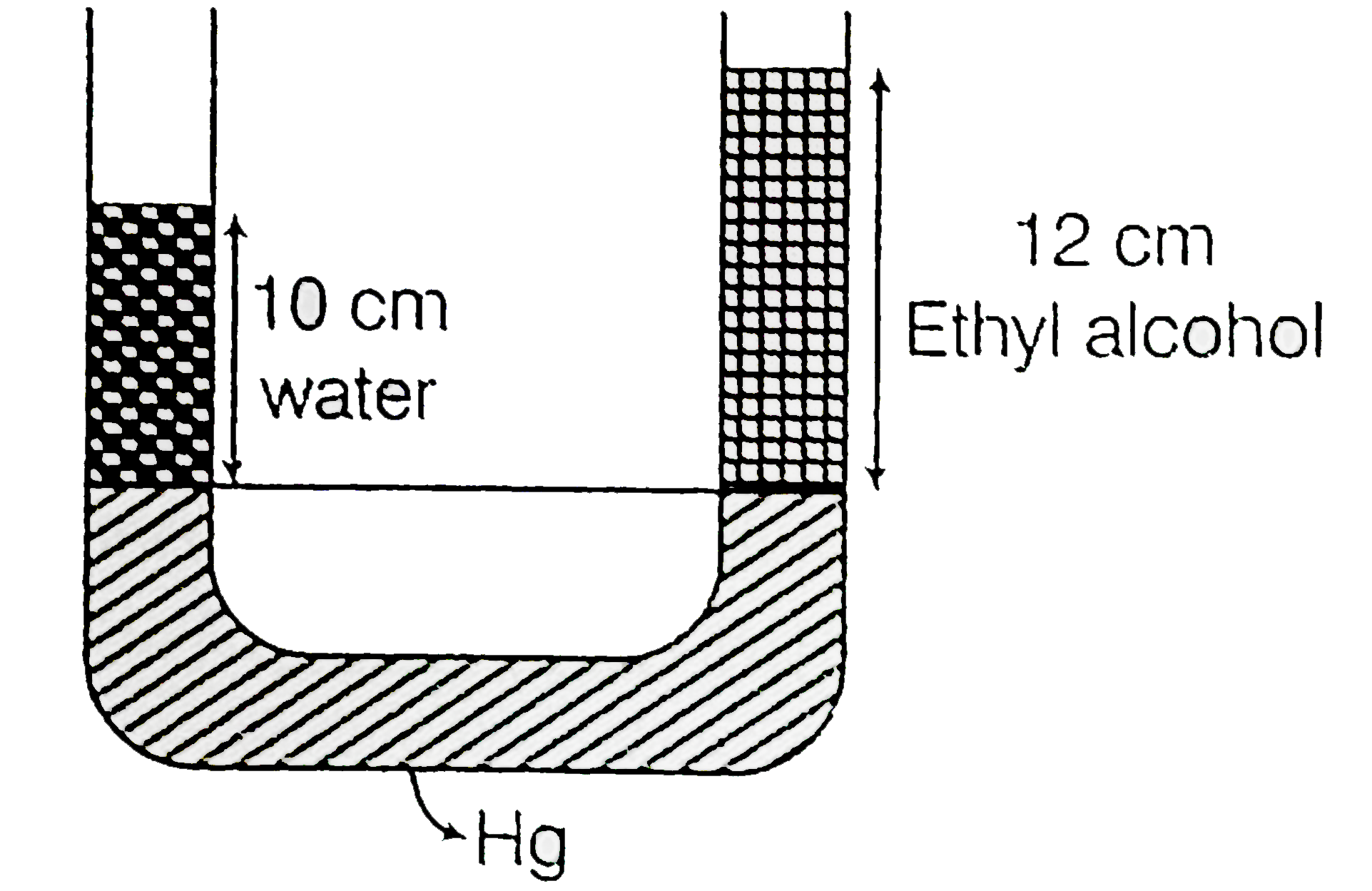How acetylene is converted to ethyl alcohol?
To convert acetylene (HC≡CH) into ethyl alcohol (CH3CH2OH), we can follow these steps:
Step 1: Hydration of Acetylene
- Reaction: Acetylene reacts with water (H2O) in the presence of sulfuric acid (H2SO4) and mercuric ions (Hg2+).
- Process: The water molecule adds across the triple bond of acetylene. According to Markovnikov's rule, the hydroxyl group (OH) will attach to the more substituted carbon, while a hydrogen (H) will attach to the other carbon.
- Intermediate Product: This results in the formation of vinyl alcohol (H2C=CH-OH).
Step 2: Further Hydration
- Reaction: The vinyl alcohol can undergo further hydration.
- Process: In the presence of more water and Hg2+, another hydroxyl group will be added to the carbon that already has an OH group, leading to the formation of a diol (H3C-CH(OH)2).
- Intermediate Product: This compound is a geminal diol.
Step 3: Dehydration to Form Aldehyde
- Reaction: The geminal diol can lose a water molecule (H2O) to form an aldehyde.
- Process: The removal of water leads to the formation of acetaldehyde (H3C-CHO).
- Intermediate Product: The structure now is H3C-CHO.
Step 4: Reduction of Aldehyde to Alcohol
- Reaction: The acetaldehyde is then reduced to ethyl alcohol.
- Process: This reduction can be achieved using lithium aluminum hydride (LiAlH4), which is a strong reducing agent.
- Final Product: The reduction of acetaldehyde yields ethyl alcohol (CH3CH2OH).
Summary of Steps:
1. Hydration of acetylene → Vinyl alcohol (H2C=CH-OH).
2. Further hydration → Geminal diol (H3C-CH(OH)2).
3. Dehydration → Acetaldehyde (H3C-CHO).
4. Reduction → Ethyl alcohol (CH3CH2OH).
Final Reaction Sequence:
HC≡CH → H2C=CH-OH → H3C-CH(OH)2 → H3C-CHO → CH3CH2OH
---
- Reaction: Acetylene reacts with water (H2O) in the presence of sulfuric acid (H2SO4) and mercuric ions (Hg2+).
- Process: The water molecule adds across the triple bond of acetylene. According to Markovnikov's rule, the hydroxyl group (OH) will attach to the more substituted carbon, while a hydrogen (H) will attach to the other carbon.
- Intermediate Product: This results in the formation of vinyl alcohol (H2C=CH-OH).
- Reaction: The vinyl alcohol can undergo further hydration.
- Process: In the presence of more water and Hg2+, another hydroxyl group will be added to the carbon that already has an OH group, leading to the formation of a diol (H3C-CH(OH)2).
- Intermediate Product: This compound is a geminal diol.
- Reaction: The geminal diol can lose a water molecule (H2O) to form an aldehyde.
- Process: The removal of water leads to the formation of acetaldehyde (H3C-CHO).
- Intermediate Product: The structure now is H3C-CHO.
- Reaction: The acetaldehyde is then reduced to ethyl alcohol.
- Process: This reduction can be achieved using lithium aluminum hydride (LiAlH4), which is a strong reducing agent.
- Final Product: The reduction of acetaldehyde yields ethyl alcohol (CH3CH2OH).
1. Hydration of acetylene → Vinyl alcohol (H2C=CH-OH).
2. Further hydration → Geminal diol (H3C-CH(OH)2).
3. Dehydration → Acetaldehyde (H3C-CHO).
4. Reduction → Ethyl alcohol (CH3CH2OH).
HC≡CH → H2C=CH-OH → H3C-CH(OH)2 → H3C-CHO → CH3CH2OH
Topper's Solved these Questions
- ALCOHOLS, ETHERS, PHENOLBOOK - NARAYNACHAPTER - ALCOHOLS, ETHERS, PHENOLEXERCISE - LEVEL - I
40 Videos
- ALCOHOLS, ETHERS, PHENOLBOOK - NARAYNACHAPTER - ALCOHOLS, ETHERS, PHENOLEXERCISE - LEVEL - II
33 Videos
- 18TH GROUP ELEMENTSBOOK - NARAYNACHAPTER - 18TH GROUP ELEMENTSEXERCISE - LEVEL - VI
34 Videos
- ALDEHYDES, KETONES & CARBOXYLIC ACIDSBOOK - NARAYNACHAPTER - ALDEHYDES, KETONES & CARBOXYLIC ACIDSEXERCISE - CHECK YOUR GRASP
6 Videos
Similar Questions
Knowledge Check
In alcoholic fermentation, by yeast, pyruvic acid is converted to ethyl alcohol and carbon dioxide with the help of enzyme
APyruvate dehydrogenaseBAlcohol dehydrogenaseCBoth A and BDPyruvic acid decarboxylase and alcohol dehydrogenaseEthyl bromide can be converted into ethyl alcohol by
Aheating with dilute hydrochloric acid and zincBboiling with an alcoholic solution of KOHCthe action of moist silver oxideDrefluxing methanolEthyl bromide can be converted into ethyl alcohol by :
AHeating with dilute hydrochloric acid and zincBBoiling with an alcoholic solution of KOHCThe action of moist silver oxideDRefluxing methanol
How can propan-2-one be converted into tert-butyl alcohol ?
View Solution95% ethyl alcohol can be converted to 100 % ethyl alcohol by the following
View SolutionEther is obtained from ethyl alcohol
View SolutionEthyl bromide can be convertd into ethyl alcohol by
View SolutionFind density of ethyl alcohol

View Solution
